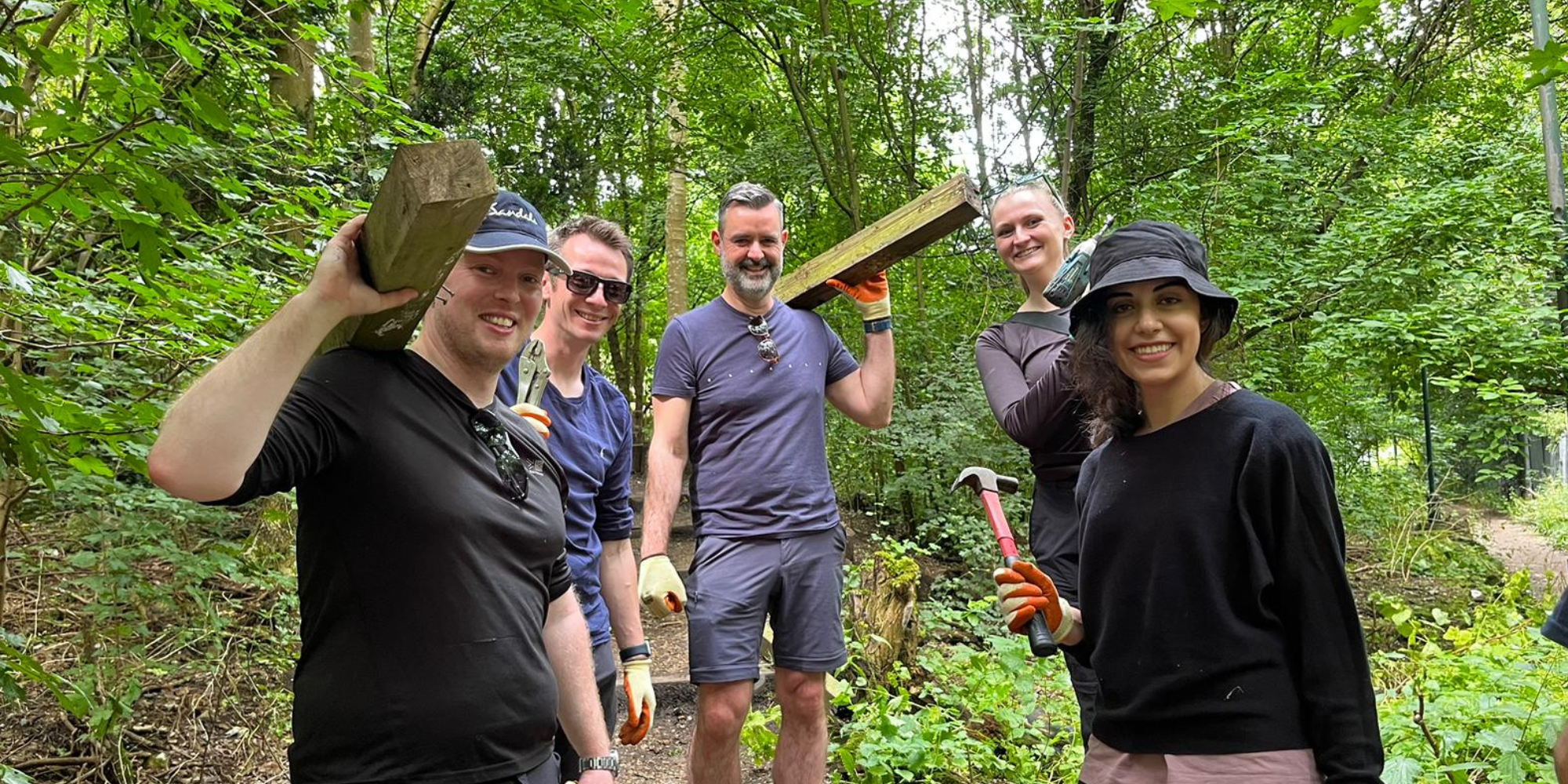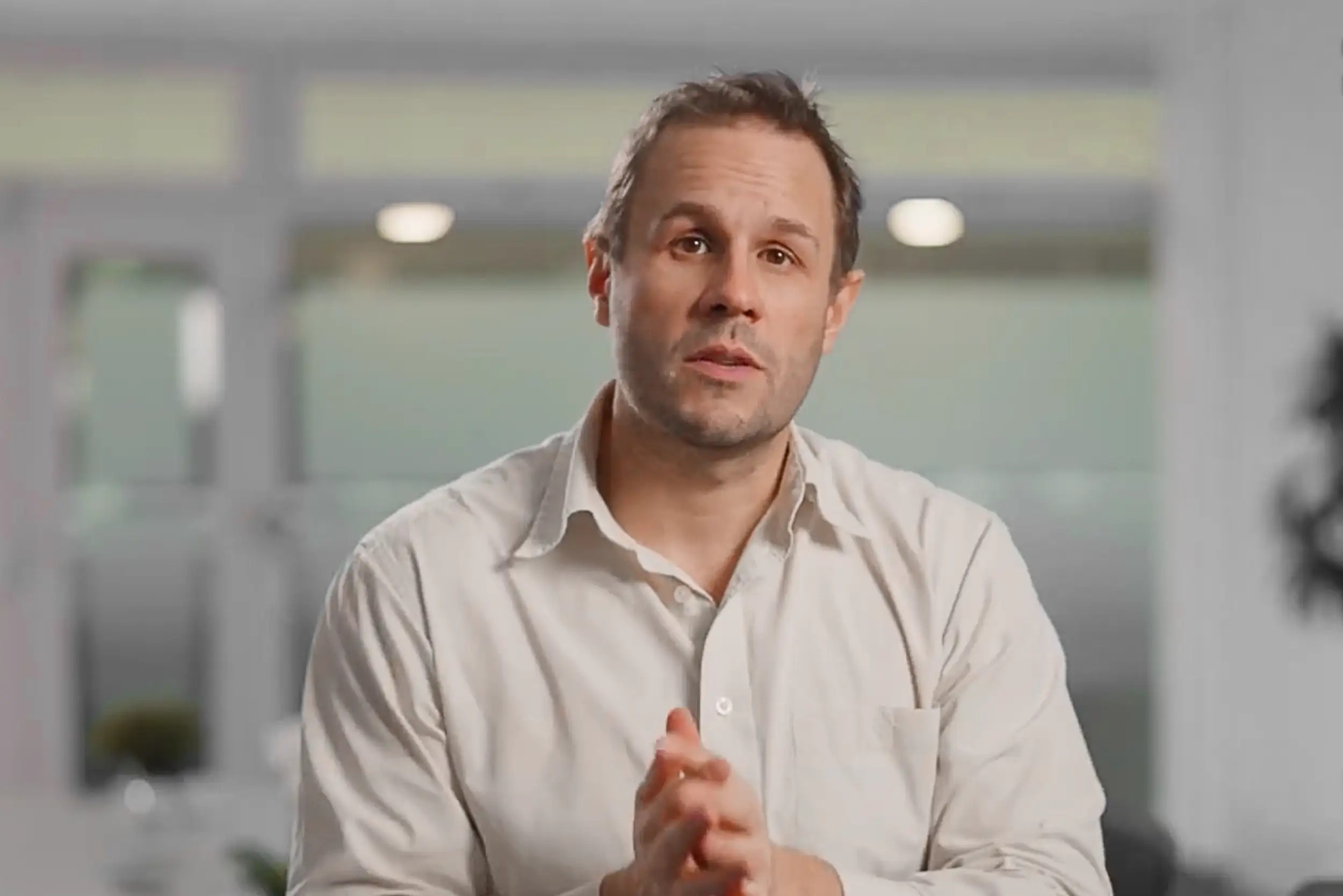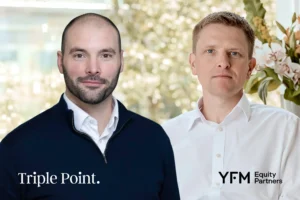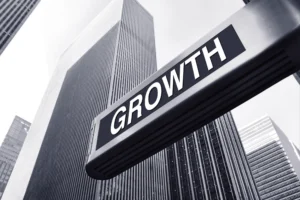As a founder and CEO scaling a fast-growing business, I’ve learned that culture isn’t just about perks or posters on the wall, it’s about what your people experience every day. In today’s fast-moving world, where hybrid work, generational shifts, and economic pressures are reshaping the employee experience, staying connected to your team has never been more important.
At WorkBuzz, we’ve made it our mission to improve the working lives of a million people and we’re well on our way. But along the journey, one thing has become crystal clear:
The highest-performing cultures are built on continuous, honest feedback.
Too often, leaders think they have a pulse on the business, until something breaks. But if you’re truly listening, there should be no surprises. Real-time feedback, paired with clear action, is how you build a culture that scales.
In this article and video, I share practical strategies and lessons learned from our growth, how we’ve evolved our culture, used feedback to drive performance, and aligned listening with business outcomes. Whether you’re leading a 10-person team or a 10,000-person organisation, the principles are the same:
Listen, adapt, and lead with purpose.
Key Takeaways to Creating A High Performance Culture
- Employee listening should be continuous—there should be no major surprises.
- Align feedback with business priorities (customer experience, retention, operational efficiency).
- Make feedback actionable and show employees the impact of their input.
- Treat culture as an evolving entity—what worked at 10 employees may not work at 100.
- Be transparent about changes and provide a clear vision for growth.
- High performance means accountability—ensure you have the right people in the right roles.
If you want to build a company that attracts and retains top talent while achieving sustainable growth, listening to your employees isn’t optional, it’s a strategic imperative. In the ever changing world of business, those who listen and adapt are the ones who thrive.
The Role of Employee Listening in Scaling a Business
Growing a company quickly is challenging, and it’s easy to lose the DNA of what made your business special in the first place. Culture dilution, losing customer focus, and misalignment with core values are real risks. Listening to employees helps keep you honest. It provides insights into whether your team truly understands and embodies your mission, vision, and values and where adjustments are needed.
Scaling also brings operational challenges. Employee listening helps me, as a CEO, stay connected to frontline realities. It allows us to identify bottlenecks, streamline processes, and ensure we’re prioritising the right initiatives. More importantly, it helps us track improvements over time and measure the impact of our actions.
Why Employee Feedback is Essential to High Performance
Employees want to have a voice. They want to feel heard and to know their input shapes the company’s direction. If something isn’t working, they expect leadership to listen and act accordingly.
At WorkBuzz, we collect organic feedback through casual check-ins, asking about recent wins and losses, gathering insights on product development, and staying tuned into customer feedback. We complement this with structured feedback using our own platform, surveying employees quarterly. We ask 20 key questions to assess engagement and overall employee experience. This structured approach ensures that we don’t just hear feedback, but actively use it to drive real change.
Aligning Employee Listening with Business Goals
For listening to be effective, it needs to align with tangible business outcomes. For example, if customer experience is a top priority, ask employees what is preventing them from delivering excellent service. If reducing turnover is the goal, understand why employees choose to stay or leave. Data-driven insights can help pinpoint areas for improvement before problems escalate.
We’ve seen this across our 400 clients. In high-turnover industries like care for instance, the most engaged locations also have the lowest attrition rates. In retail, stores with highly engaged teams tend to deliver better customer experiences and even experience lower stock loss. The link between employee engagement and business performance is undeniable.
Building a Culture of Continuous Improvement
At WorkBuzz, we operate with a “versioning” mindset. Each year, we roll out a new version of our company, right now, we’re on WorkBuzz 5.0. We transparently share where we are today and where we’re headed next, ensuring every team member understands our evolution. This clarity helps align the team with our growth trajectory, whether it’s expanding into new markets or innovating our product.
Culture also needs to evolve. Over the past 18 months, we’ve shifted from a ‘family feel’ to a ‘professional sports team’ mentality. Just like in sports, underperformance over a full season leads to changes. High performance means accountability, ensuring the right people are in the right roles and that new talent is introduced when necessary.
Overcoming Scepticism and Building Trust
Some employees may be sceptical of feedback initiatives, especially if they’ve seen past employers treat them as a box-ticking exercise. That’s why it’s critical to close the loop and show employees how their feedback leads to tangible changes. At WorkBuzz, within days of a survey, we share key headlines and trends with our team. We’ve even created an internal committee, our ‘Ministry of Magic,’ to ensure our unique culture scales alongside our growth.
The changes we make don’t have to be massive. Sometimes it’s something as simple as upgrading the office fridge. Other times, it’s breaking down silos, improving communication, or adjusting hiring strategies. The key is reinforcing that employees have a voice, and while not every request can be actioned, leaders should always explain why.
The Entrepreneur’s Role in Driving Change
Scaling a business is like levelling up in a video game, what got you here won’t necessarily get you to the next stage. That means constantly assessing your leadership team, evolving your product, and anticipating market shifts. The key here is to remember at the heart of all this change is people.
I’ve learned that leadership challenges often boil down to two things: people problems and people problems. As a CEO, your role is to create a compelling vision, communicate it clearly, and listen to your team’s input. When you do, you build not just a successful business for today, but a resilient, high-performing company for the future.
At YFM Equity Partners, we’re committed to supporting ambitious entrepreneurs as they scale and grow. For more entrepreneur news, take a look at our other articles and videos, and subscribe to our newsletter. Watch The Entrepreneur Experience Video Series for more insights and advice from leading UK entrepreneurs and thought leaders in the business ecosystem.













![Rachel McCorry], former YFM-backed CEO and author of “When You Don’t Know What You Don’t Know”](https://b3810800.smushcdn.com/3810800/wp-content/uploads/2026/02/Rachel-McCorry_.jpg?lossy=2&strip=1&webp=1)


